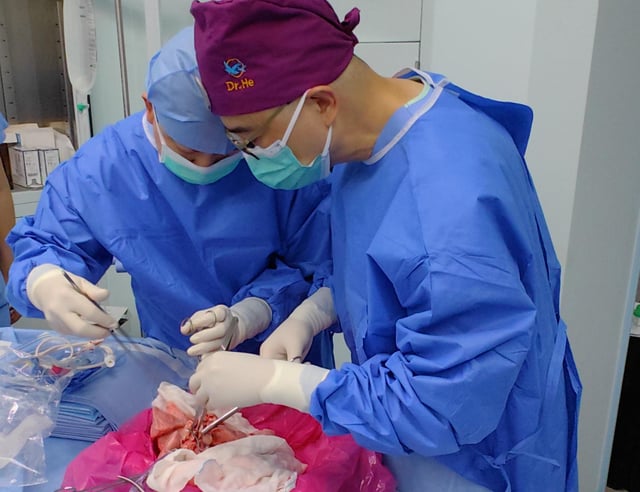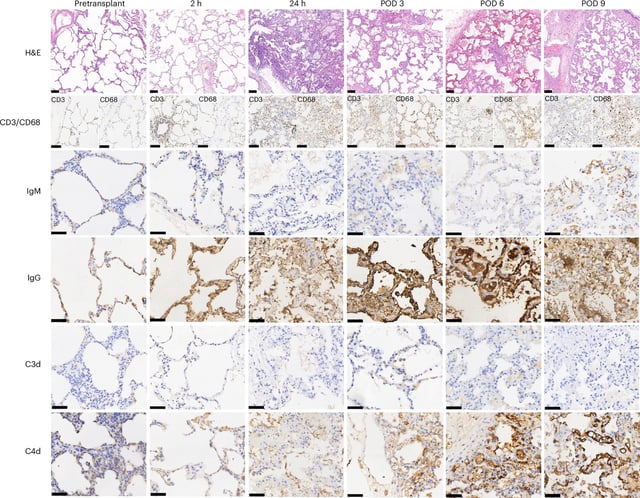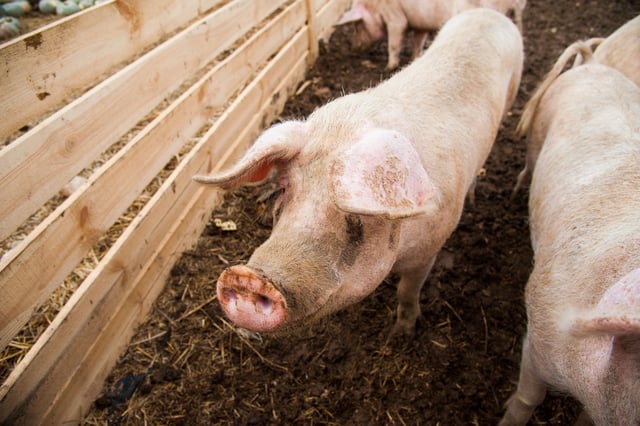Overview
- Chinese surgeons in Guangzhou transplanted a six‑gene‑edited pig left lung into a 39‑year‑old man who had been declared brain‑dead with family consent.
- The xenograft remained viable for 216 hours without hyperacute rejection or uncontrolled infection, though edema and tissue injury appeared within 24 hours.
- Antibody‑mediated rejection was documented on postoperative days 3 and 6, and the observation was ended on day 9 at the family’s request.
- The recipient’s native right lung stayed in place, so the study did not test whether the pig lung could sustain life on its own.
- Outside experts describe an incremental step for a uniquely challenging organ as regulators advance early kidney and liver trials and researchers pursue optimized edits, drugs and preservation.



